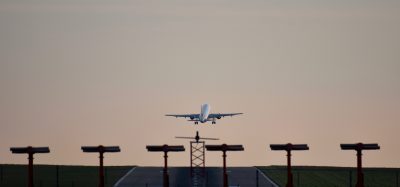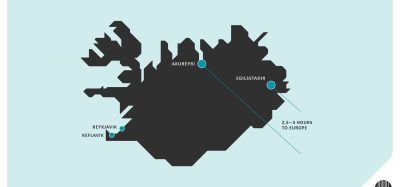ACI urges more governments to relax borders and quarantine requirements
Posted: 3 November 2021 | International Airport Review | No comments yet
Airports Council International has requested for more governments to reopen borders and relax quarantine requirements, to prevent repeat of a dismal year for Asia-Pacific and Middle East airports.


Airports Council International (ACI) Asia-Pacific has urged more governments to reopen borders and relax quarantine requirements, especially in countries which have reached satisfactory vaccination rates, to prevent repeat of a dismal year for Asia-Pacific and Middle East airports. This follows the release of latest figures forecasting sustained losses in 2021 for airports in Asia-Pacific and the Middle East.
Asia-Pacific, already adversely affected by constant lockdowns, stringent travel and quarantine restrictions, is forecasted to close out the year with around 56 per cent passenger losses, despite resumption of some domestic travel in a few markets. Consistent with forecasts previously reported in 2020, the Middle East will be one of the hardest-hit regions globally with almost 70 per cent passenger losses.
Compared with ACI’s pre-COVID-19 pandemic projections for the same period, the two regions are forecasted to lose over 2.3 billion passengers by the end of 2021. Similarly, airport revenues, a direct reflection of passenger traffic, are forecasted to decline by approximately $34 billion in Asia-Pacific and $11 billion in the Middle East by the end of 2021.
Join us live: Shaping the Next Generation of Hold Baggage and Air Cargo Screening
Join us live for an insightful webinar on 11th December at 14:00 GMT, in collaboration with Smiths Detection, as we explore the strategic balance of operational efficiency, regulatory compliance, and sustainability in high-volume security environments.
This session offers a focused look into future-proofing your security strategy.
Key learning points
- Cost Reduction: Strategies to minimize bag travel time while simultaneously reducing operational costs.
- Regulatory Roadmap: Insights into the next wave of regulatory changes and their impact on future investment decisions.
- Sustainable Systems: Practical approaches to building sustainability into security systems and lowering the total cost of ownership (TCO).
- Scalable Solutions: Real-world examples of scalable systems supporting current airport growth and preparing for tomorrow.
Register now for expert insights, case studies, and actionable strategies on operational efficiency!
“The latest ACI forecast shows that after a bad 2020 in terms of traffic and revenues, 2021 was even more dismal for Asia-Pacific and Middle East airports,” said Stefano Baronci, Director General, ACI Asia-Pacific. The particularly negative outcome in Asia-Pacific is a direct consequence of travel restrictions and quarantine policies observed in many countries in the region.
“A repeat of the dismal 2021 can be avoided for 2022 if more governments can adopt the risk-based, pragmatic approaches recommended by ICAO and the WHO. In pursuit of boosting international travel and stimulating economic growth, some countries are applying these approaches, such as Singapore, Thailand, Fiji, and Maldives along with several Middle East and European countries and the U.S. By the end of 2021, more major economies in Asia would have fully vaccinated over 70 per cent of their populations, bringing an additional layer of protection against COVID-19. With continued careful monitoring of public health situations through indicators such as hospitalisation and mortality rates, more governments are urged to expedite the calculated risk of relaxing quarantine policies, and follow the global trend of adopting digital health certificates with a view of supporting the resumption of international air travel,” added Baronci.
Join our free webinar: Revolutionising India’s travel experience through the Digi Yatra biometric programme.
Air travel is booming, and airports worldwide need to move passengers faster and more efficiently. Join the Digi Yatra Foundation and IDEMIA to discover how this groundbreaking initiative has already enabled over 60 million seamless domestic journeys using biometric identity management.
Date: 16 Dec | Time: 09:00 GMT
rEGISTER NOW TO SECURE YOUR SPOT
Can’t attend live? No worries – register to receive the recording post-event.
Related topics
Air traffic control/management (ATC/ATM), Airside operations, COVID-19, Funding and finance, Passenger volumes, Regulation and Legislation
Related organisations
Airports Council International (ACI World), International Civil Aviation Organisation (ICAO), World Health Organisation (WHO)


















